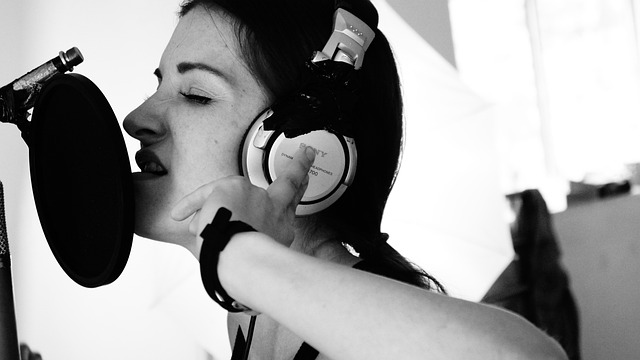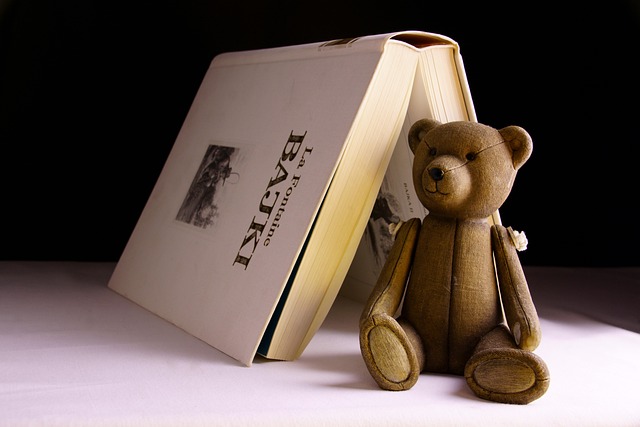Article Title:Domesticity in middle dutch 'secrets of men and women'
Abstract:
This is an introductory analysis of a group of Middle Dutch texts about the 'Secrets' of female health and human procreation, which date from the fourteenth and fifteenth centuries. Although at first sight little more than translations and adaptations of two Latin treatises widely known as Trotula and Secreta mulierum, the texts afford glimpses of their cultural context. They reveal a variety of traits which converge on the ordinary home, rather than on the castle, church, or university. The notion of secrecy was not a mere cliche but connected, perhaps more deeply than in other languages, with the intimacy of the family. In their phraseology as well as in their manipulations of the sources, by which they shaped the treatment of sexual issues, the writers appeared relatively unencumbered by gender polarities, heavy moralizing, and scholastic rationalization. They addressed women and men, not only readers but also illiterate listeners, and they seemed particularly attuned to the household both in the practicality of gynaecological guidelines and in the earthiness of sexological information. Many hints yield a cumulative impression-inviting further thought-that the Middle Dutch 'Secrets' illuminate a special appreciation for the 'domestic' values of sexual harmony, enjoyment, and privacy.
Keywords: bourgeoisie; gynaecology; marriage; Middle Ages; The Netherlands; secrets; sexuality; Trotula; vernacular medicine
DOI: 10.1093/shm/14.1.1
Source:SOCIAL HISTORY OF MEDICINE
Welcome to correct the error, please contact email: humanisticspider@gmail.com



